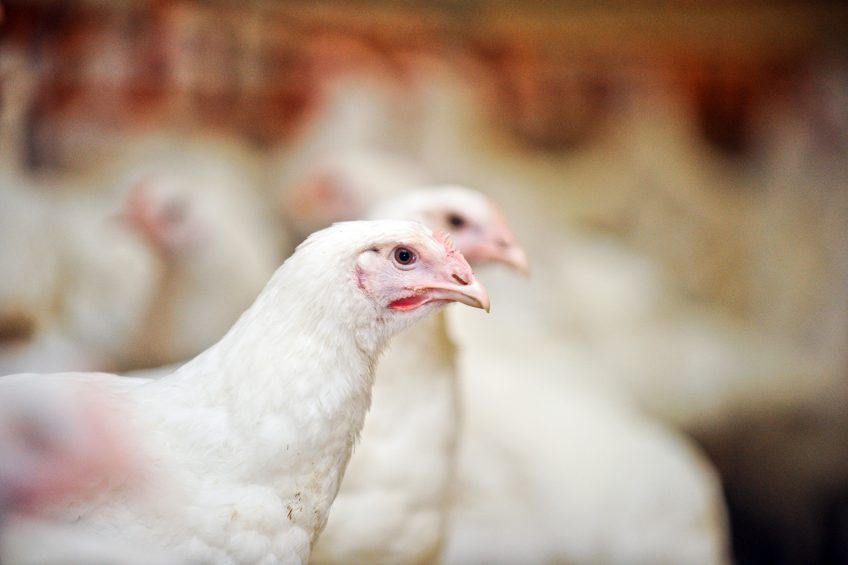Poultry research receives a boost through USDA grants

Poultry research has received a slice of $14.3m awarded in grants to 39 projects by the United States Department for Agriculture this week.
Scientists at the University of Maryland have received financial backing to test early heat exposure in chickens. The University has been given a $500,000 3 year grant by the US Department of Agriculture’s National Institute of Food and Agriculture (NIFA) as part of its investment to maintain healthy agricultural animals.
Comprehensive physiological analysis
The study will include a comprehensive physiological analysis of the effects of heat stress with and without prior thermal conditioning, across multiple tissues that are likely to play a role in the bird’s metabolic and stress responses to heat stress.
The project will provide new information on body temperature regulation required to develop future strategies for improving the well-being of poultry, while sustaining or improving broiler meat production during summer heat waves when temperatures can often exceed 35 °C where most broiler chickens are raised.
Grant to look into poultry immune reagents
Maryland’s Agricultural Research Service has also been awarded a $500,000 grant spread over 5 years to look at the development of poultry immune reagents. Reagents are necessary to determine the host’s response to infections and to develop treatments to prevent them and to develop vaccines against infectious diseases to improve poultry health.
The research paper says there are currently 2 main challenges in poultry disease control – the lack of poultry specific immunological reagents, since mammalian reagents do not recognise poultry proteins and the lack of methods to effectively measure host immune response to many poultry infectious diseases. Consequently, there are no commercially available methods to measure poultry immunity.
“Successful accomplishment of this proposal will help new knowledge discovery and a new set of poultry immune reagents and detection methods that will have a significant global impact in society – agriculture, human healthcare and food safety.”
B-cell development in chicken embryo
The University of Mississippi has been provided a $147,000 grant to look at the transcriptomics analysis of early B-cell development in the chicken embryo.
The goal of the project is to figure of the exact process that leads to the beginning of the development of B-cells in the embryo, which produce antibodies after either an infection or vaccination.
In the long-term, by understanding what and how the development of B-cells are controlled, it will be possible to use the information in breeding programmes seeking to enhance poultry health by improving the outcome of vaccinations.












